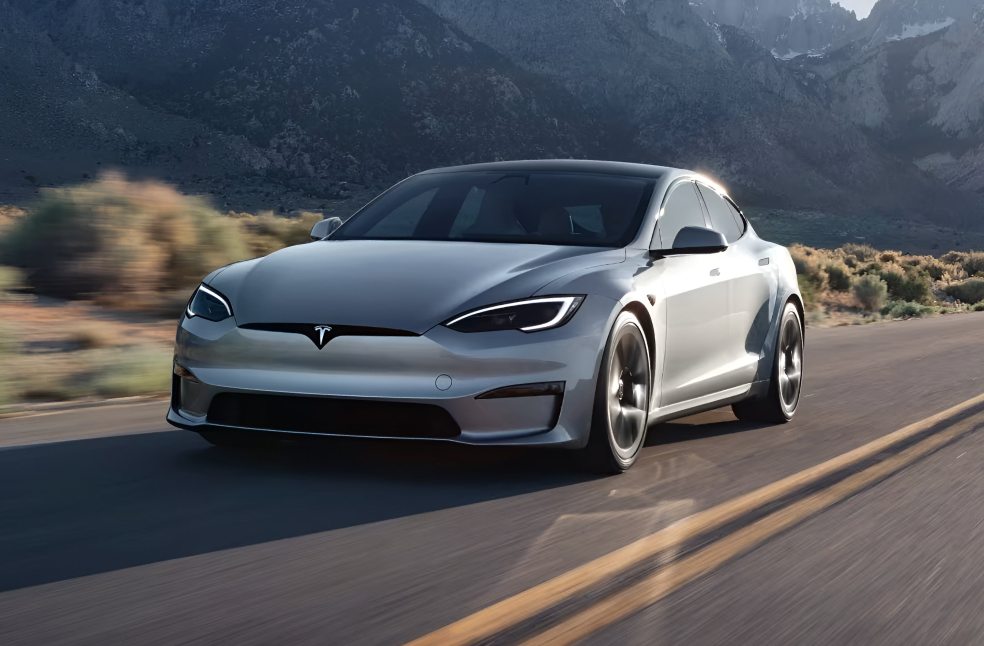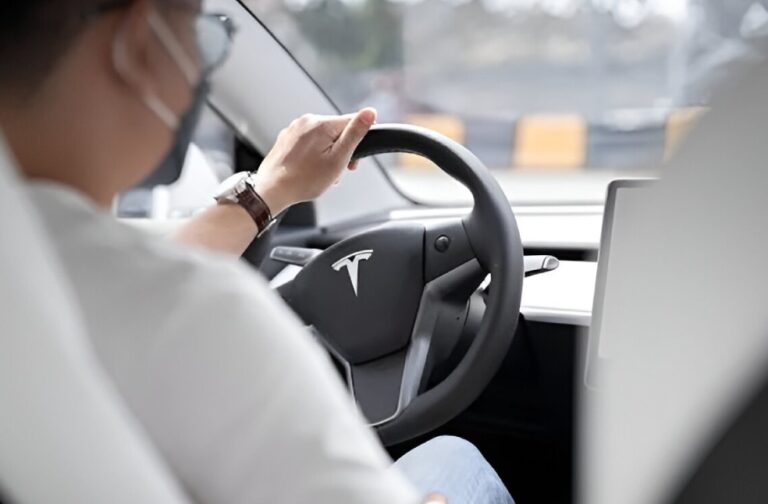United States: The National Highway Traffic Safety Administration (NHTSA) is investigating Tesla’s self-driving software systems, affecting approximately 2.4 million vehicles across multiple models manufactured between 2016 and 2024. This preliminary evaluation could pave the way for a potential recall if the agency finds significant safety cases related to the “Full Self-Driving” (FSD) software.
The NHTSA’s investigation follows statements of four crashes involving Tesla’s FSD feature, with conditions of reduced roadway visibility due to fog and sun glare cited in the incidents. Among these cases, one tragically resulted in the death of a pedestrian, while another led to injuries.
The agency’s review will concentrate on whether Tesla’s self-driving systems can accurately notice and respond to diminished visibility and will assess whether other accidents have occurred under similar circumstances.

Notably, despite the branding of “full self-driving,” NHTSA explained that the technology in question is categorised as a “partial driving automation system.” The agency’s statement comes just a week after Elon Musk unveiled the Cybercab, a fully autonomous robotaxi concept, at an event at Warner Bros. studio lot in Burbank, California. Musk projected that the robotaxi would be available by 2027, though the event failed to impress some analysts and investors, resulting in an 8% decline in Tesla’s stock since the rollout.
Tesla’s autonomous driving technology distinguishes itself from competitors like Waymo, which relies heavily on advanced sensors such as Lidar and radar. Instead, Tesla’s system primarily utilises cameras and artificial intelligence, introducing a more cost-effective approach to self-driving technology.



